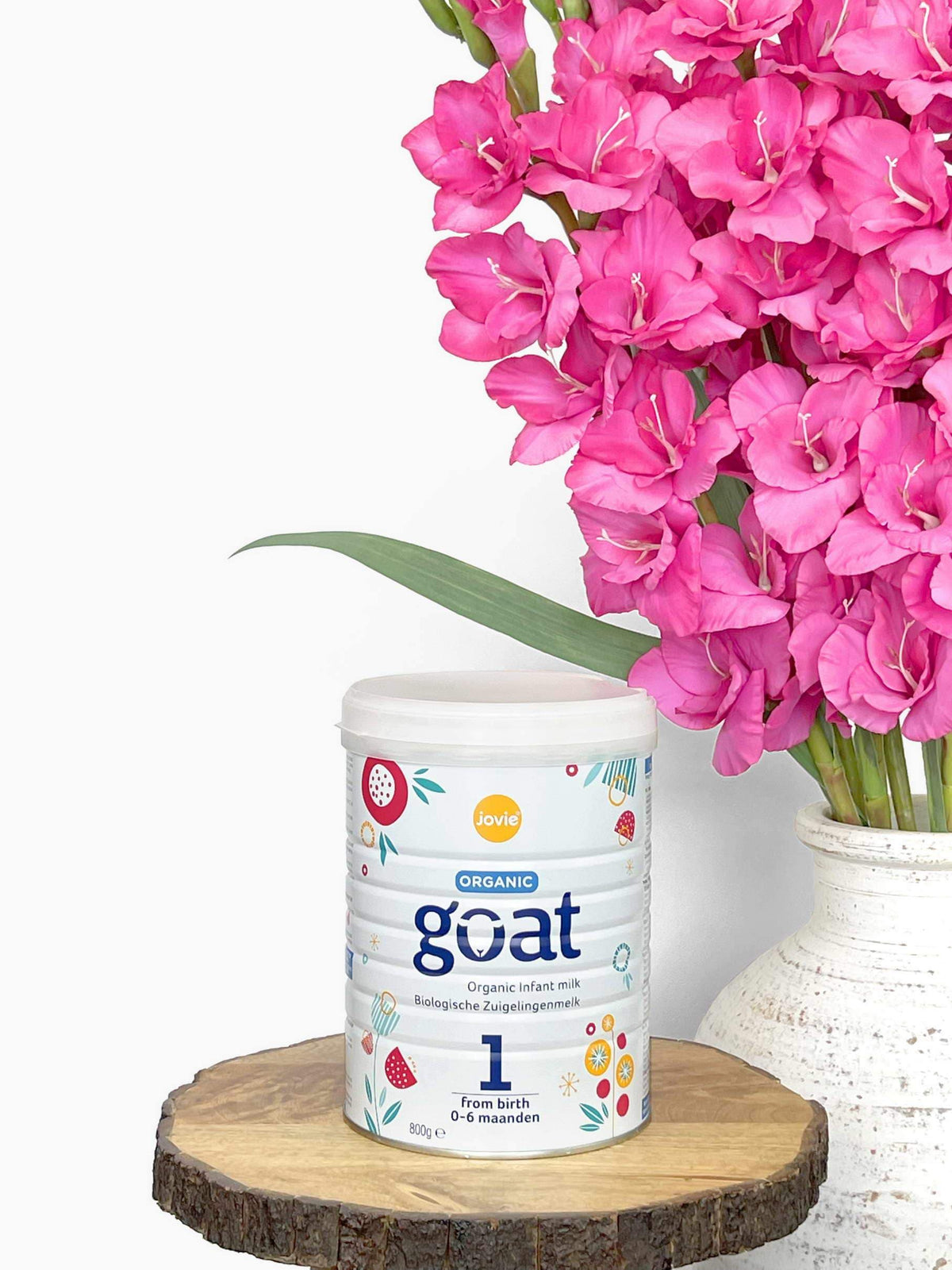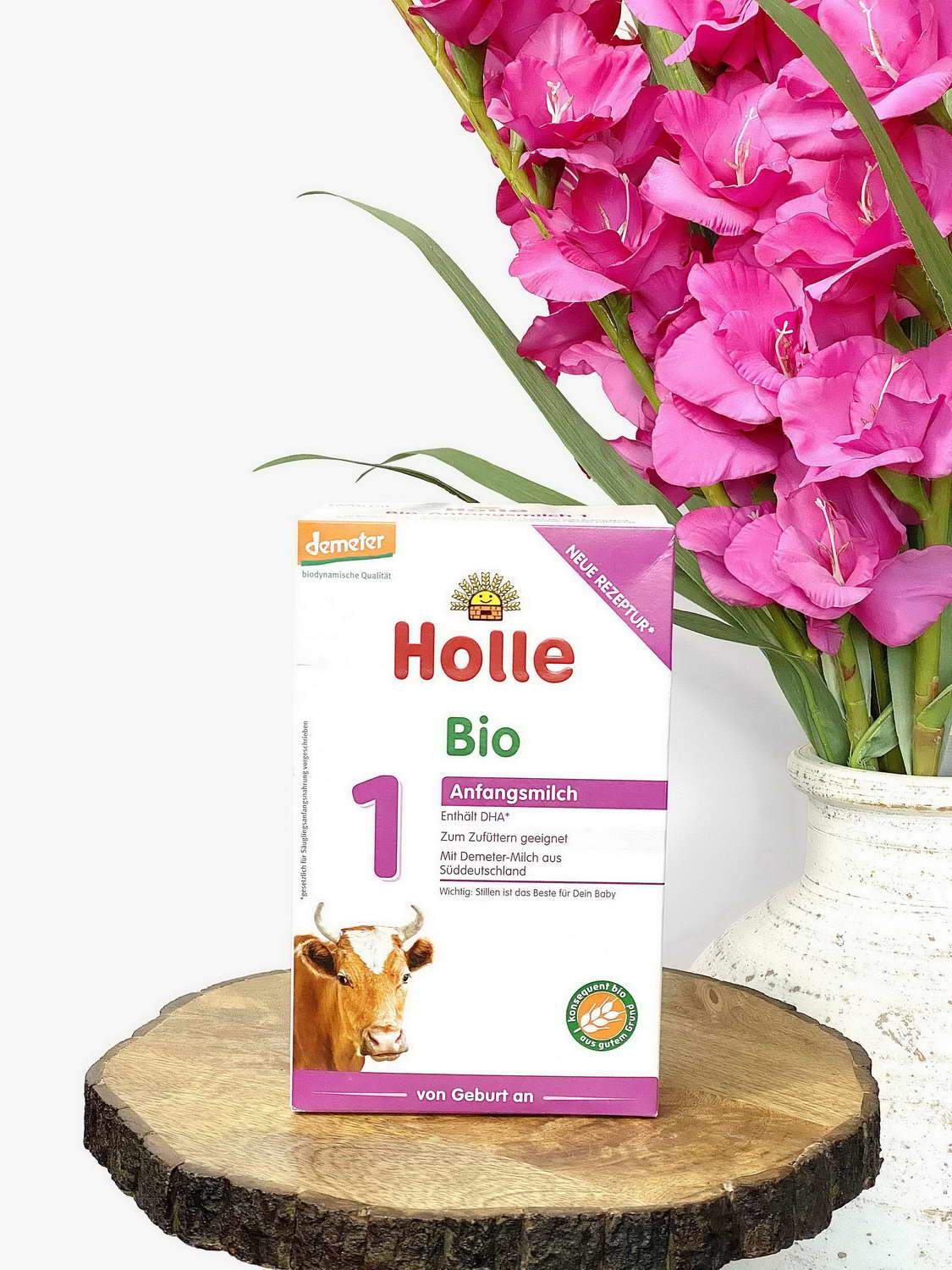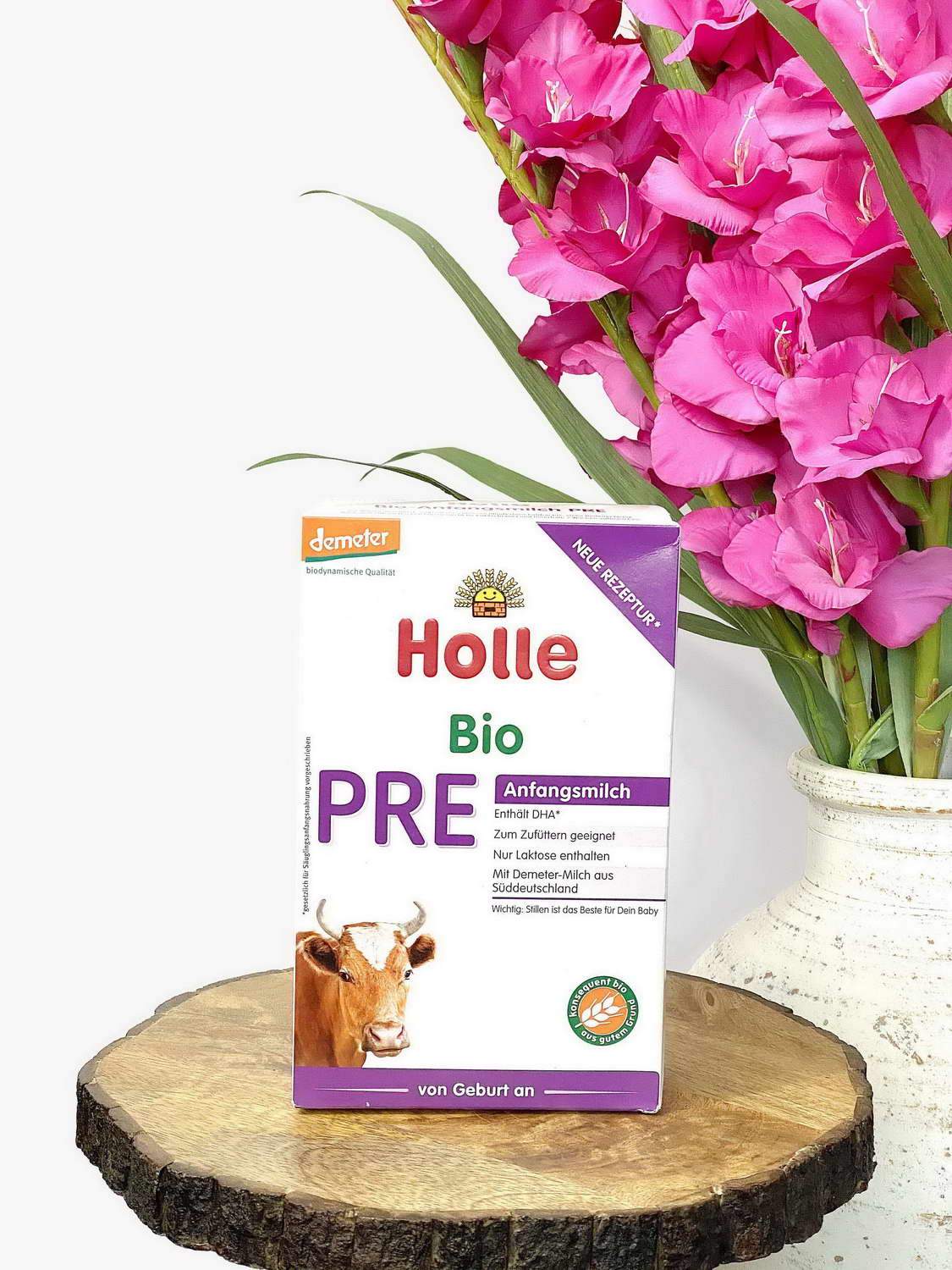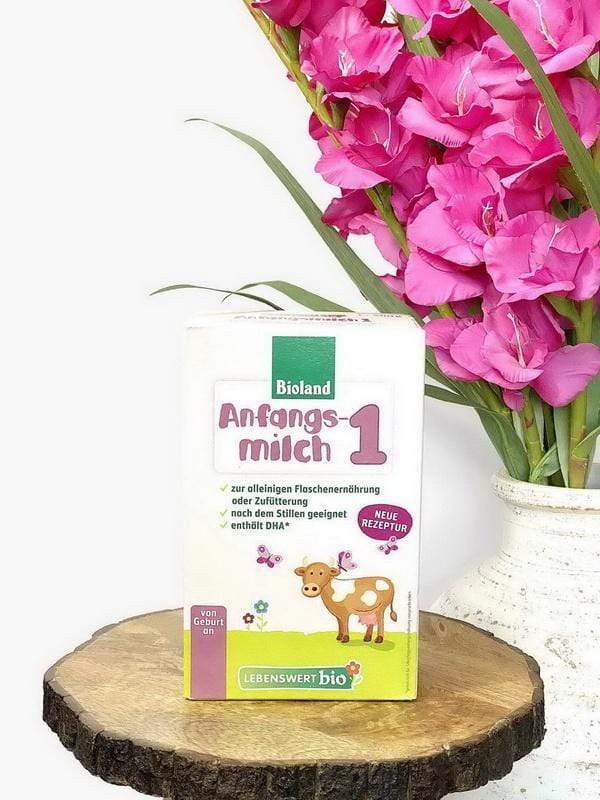Iron in baby formula has been a hot topic around the European baby formula scene. Parents want to know how much iron is required daily to keep their little ones healthy and can European baby formula meet this need.
What Is Iron?
Iron is a mineral found in everything from the soil, plants, animals, and people.
For the body, it is a vital component of hemoglobin, the part of red blood cells that carries oxygen from the lungs to the body. Iron gives hemoglobin the ability to bind to oxygen in the blood, so oxygen gets to where it needs to go.
Without enough iron, the body does not make hemoglobin and that means fewer red blood cells causing tissues and organs to not get enough of the oxygen they need.
Iron is essential for the growth and development of the brain and nervous system.
Iron Needs of Babies
Babies are born with about 500 milligrams (mg) of iron in their bodies. Stored as hemoglobin and tissue protein, this reserve is sufficient for 4 to 6 months after birth.
According to the American Academy of Pediatrics (AAP), a term infant needs about 1 mg/kg per day to meet the estimated iron requirement.
In order to reduce the risk of iron-deficiency anemia during the first year, formula-fed babies should have iron included in their infant formula. This has been the position of the AAP since 1969.
Does My Baby Need an Iron Supplement?
European baby formula comes close to mimicking breast milk to meet the needs of infants in the first year of life. Each formula is fortified to ensure that there are enough nutrients that will aid your little one's healthy growth and development, this includes iron.
Designed to be perfectly balanced, the dietary iron in European baby formula works together with the excess fetal red blood cells that stay in the baby's system at birth to aid in the expansion of red blood cell mass.
This teamwork beautifully reduces the risk of iron deficiency anemia in infants.
Do Exclusively Formula Fed Babies Need Extra Iron?
For infants who are exclusively formula-feeding, having an iron-fortified European baby formula is the best way to get just the right amount of iron and all other minerals.
Although only 4 percent of the iron contained in formula is typically absorbed by the baby’s intestinal tract, iron-fortified formula contains a perfectly balanced nutrition to meet your infant's needs.
Unless prescribed by your pediatrician, no additional supplementation is necessary.
Preterm Baby
For preemie babies, the recommendation is around 2 mg/kg per day at least for the first weeks.
During this time, preterm infants often receive extra calories per serving in baby formula which will also have the extra iron they need.
Your neonatologist and pediatrician will have the recommended ration to meet these early needs.
Combination: Breastfeeding and Formula Feeding
For infants who are combination feeding (receiving both formula and breast milk), Breast milk contains little iron; therefore, having an extra source of iron in baby formula is not only safe but can be extremely beneficial.
Iron supplements are often recommended for older breast-fed infants that do not have a verified diet. The iron in European baby formulas and toddler formula is a healthy way to balance your little one’s nutrition.
What is Iron-Deficiency Anemia in Children?
The most common cause of anemia is not getting enough iron. A baby who is anemic does not have enough red blood cells or enough hemoglobin.
Hemoglobin is a protein that lets red blood cells carry oxygen to other cells in the body. Iron is needed to form hemoglobin.
Symptoms of Iron Deficiency Anemia
Parents should discuss their baby’s specific iron needs with their baby's health care provider, keeping in mind that the risks of iron deficiency are greater for some babies than others.
Some common signs and symptoms of anemia in babies that families should seek medical attention for include:
Х Breathing Problems
Х Lethargy
Х Weakness
Х Heart Dysfunction
Х Pale Skin
Why Do Some Baby Formulas Have Less Iron?
Too much iron is not without risk; it can lead to slower growth, developmental delays, and increased risk of infection.
There is a concern that excessive iron content can also lead to a fussy baby with symptoms like colic and constipation.
For older babies, excess iron has been linked with a hyperactive immune system.
The importance of finding the perfect balance of nutrition in your infant's baby formula is clear when we see all the facts laid out.
Is There Enough Iron in European Baby Formula?
Baby formula nutritional requirements in the EU are specified in a way that US formulas are not, they differentiate between the nutritional requirements for 0–6 months as distinct from 6–12 months.
Expressed in specific units per both 100 kJ and 100 calories (kcal) of formula, these units can vary with those used by the FDA.
By the numbers, European baby formulas have levels between 0.50-1.0 mg of iron per 100 calories. The smaller amounts are for the Stage PRE (from birth to 3 months) and Stage 1 (formula starting from birth) when an infant’s iron reserve is high and generally out of range of iron-deficiency anemia.
After converting all of the EU nutritional requirements for baby formula to the same units and basis as the FDA’s requirements, it again became clear, European baby formula meets all the requirements of the European Union and the minimal recommendation of iron suggested by the World Health Organization.
HiPP Formula
Holle Formula
Jovie Formula
Kabrita Formula
Kendamil Formula
Lebenswert Formula
Loulouka Formula
Nannycare Formula
Iron Needs in Babies: European Formula
European baby formulas have been nourishing infants all around the world for decades, and all of the products have years of research squarely focused on the health and development of your baby.
As we know, iron is an important part of a healthy well balanced baby formula and European baby formula uniquely meets the needs of each infant by stage.
Each one of the My Organic Company infant and toddler formulas not only meet or exceed the strict guidelines of European Union food and organic regulations, but they are also compliant with the expectations of the World Health Organization for the requirements of healthy growth and development of the brain and nervous system.














